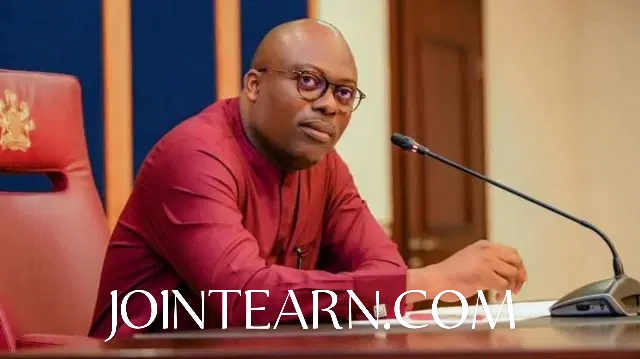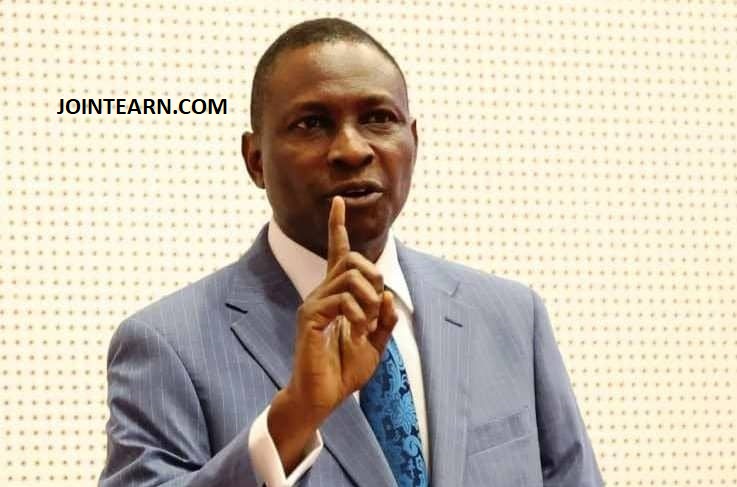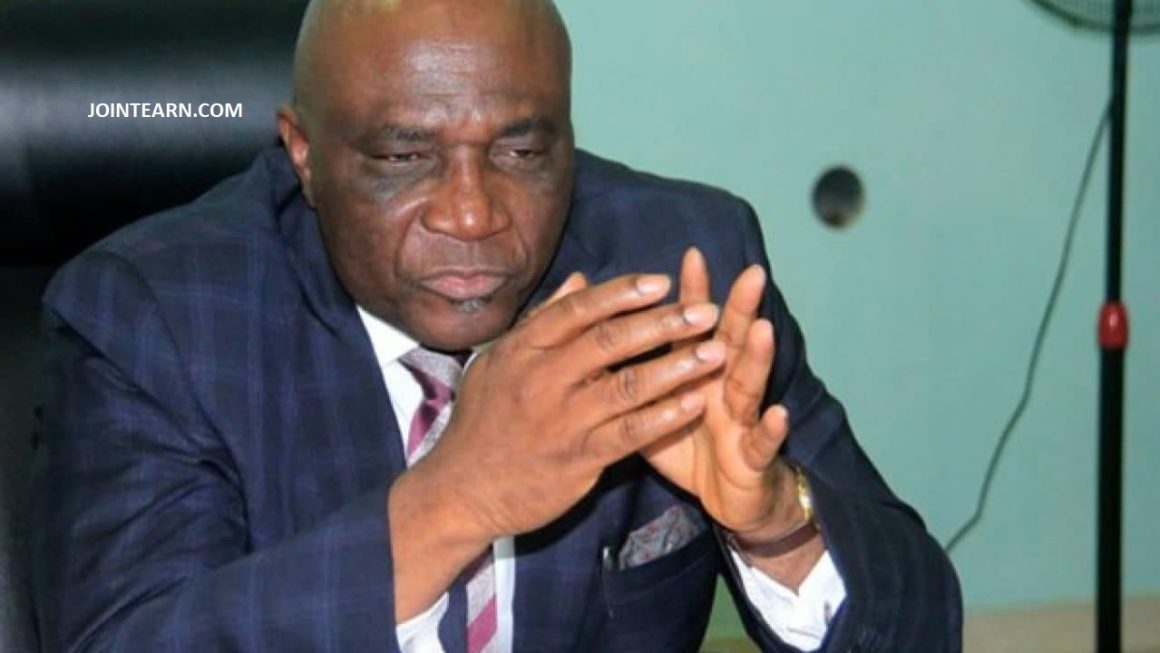In a landmark decision that has significantly altered the political landscape of Rivers State, the Supreme Court of Nigeria recently delivered judgments resulting in the removal of certain local government chairmen and the reinstatement of 27 state lawmakers loyal to former Governor Nyesom Wike. These rulings have profound implications for governance and political dynamics within the state.
Background: The Genesis of the Political Crisis
The political turmoil in Rivers State traces back to late 2023, following a rift between Governor Siminalayi Fubara and his predecessor, now Minister of the Federal Capital Territory, Nyesom Wike. This discord led to a factional divide within the state’s political structure, particularly affecting the House of Assembly and local government administrations.
In December 2023, 27 members of the Rivers State House of Assembly defected from the Peoples Democratic Party (PDP) to the All Progressives Congress (APC), aligning themselves with Wike. Governor Fubara’s administration declared their seats vacant, citing constitutional provisions against defection, and proceeded to conduct legislative activities with a minority faction of four lawmakers loyal to him. This move included the controversial passage of the state’s 2024 budget.
Supreme Court’s Ruling on the Lawmakers
On February 10, 2025, the Supreme Court dismissed Governor Fubara’s suit seeking the removal of the 27 lawmakers. The court upheld the decision of the Court of Appeal, which had earlier reinstated the lawmakers, declaring their removal unconstitutional. Justice Uwani Aba-Aji, delivering the judgment, criticized the governor’s actions, emphasizing that legislative functions cannot be conducted by a minority faction and that the removal of the lawmakers lacked due process.
The court also imposed a cost of N4 million against Governor Fubara, to be paid to the House of Assembly and its Speaker, Martin Amaewhule. This judgment effectively restored the pro-Wike lawmakers to their legislative positions, reaffirming the principle that elected officials cannot be arbitrarily removed without adherence to constitutional procedures.
Implications for the State Legislature
The reinstatement of the 27 lawmakers shifts the balance of power within the Rivers State House of Assembly. With a majority now aligned with Wike, the Assembly is poised to challenge Governor Fubara’s policies and decisions. This development could lead to legislative gridlock or prompt the governor to seek reconciliation with the reinstated lawmakers to ensure the smooth functioning of the state’s legislative processes.
Impact on Local Government Administration
In addition to the legislative dispute, the Supreme Court addressed issues concerning local government administration in Rivers State. Governor Fubara had removed certain local government chairmen perceived as loyal to Wike, appointing replacements aligned with his faction. The affected chairmen contested their removal, arguing that it violated constitutional provisions guaranteeing the autonomy of local governments.
The Supreme Court ruled in favor of the ousted chairmen, stating that their removal was unlawful and reinstating them to their positions. This decision underscores the judiciary’s role in upholding the autonomy of local government councils and serves as a reminder that executive powers have limits, especially concerning democratically elected officials.
Reactions from Key Stakeholders
The Supreme Court’s decisions have elicited varied reactions from political stakeholders in Rivers State:
Governor Siminalayi Fubara’s Camp: The governor’s allies have expressed disappointment with the rulings but have indicated a willingness to respect the court’s decisions. Some advisors have suggested pursuing legal reviews, while others advocate for political reconciliation to maintain stability in the state.
Pro-Wike Faction: Supporters of former Governor Wike have hailed the judgments as victories for democracy and the rule of law. They argue that the rulings validate their stance against what they perceive as unconstitutional actions by the current administration.
Civil Society and Legal Analysts: Observers have lauded the judiciary for its impartiality and for reinforcing the principles of separation of powers and the autonomy of local governments. They note that these decisions set important precedents for the protection of democratic institutions in Nigeria.
Future Outlook: Navigating the Political Terrain
The Supreme Court’s rulings have set the stage for a complex political environment in Rivers State. Governor Fubara faces the challenge of governing alongside a legislature dominated by his predecessor’s loyalists. To ensure effective governance, there may be a need for dialogue and compromise between the executive and legislative branches.
Additionally, the reinstatement of the local government chairmen calls for a reassessment of the state’s approach to local governance. Ensuring that the autonomy of local councils is respected could lead to more robust grassroots development and a more inclusive political process.
Conclusion
The Supreme Court’s intervention in Rivers State’s political crisis highlights the judiciary’s crucial role in maintaining constitutional order and protecting democratic institutions. As the state moves forward, the emphasis should be on fostering collaboration among political actors to promote stability, develSupremeopment, and the well-being of its citizens.












